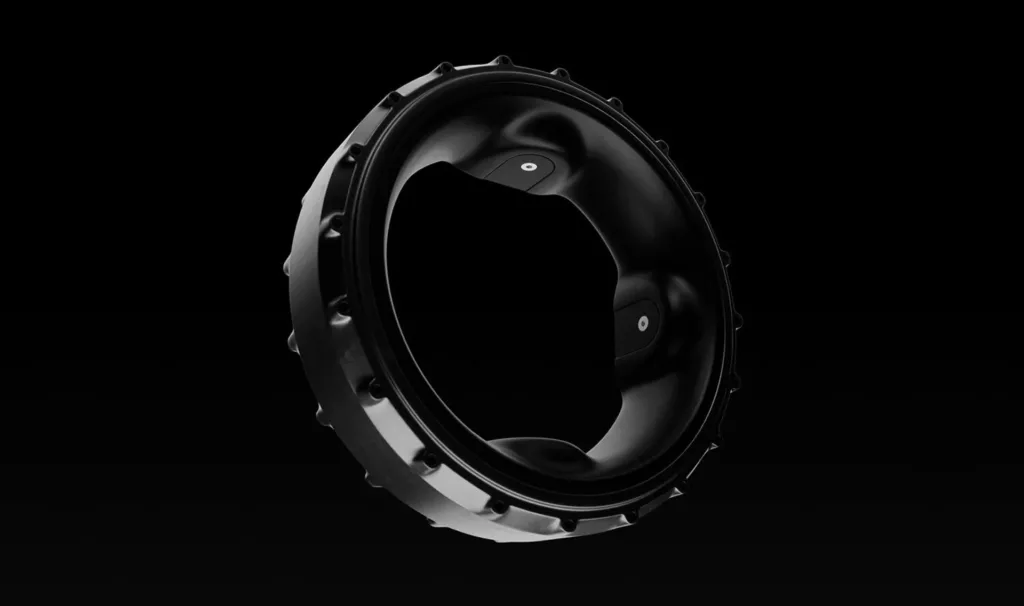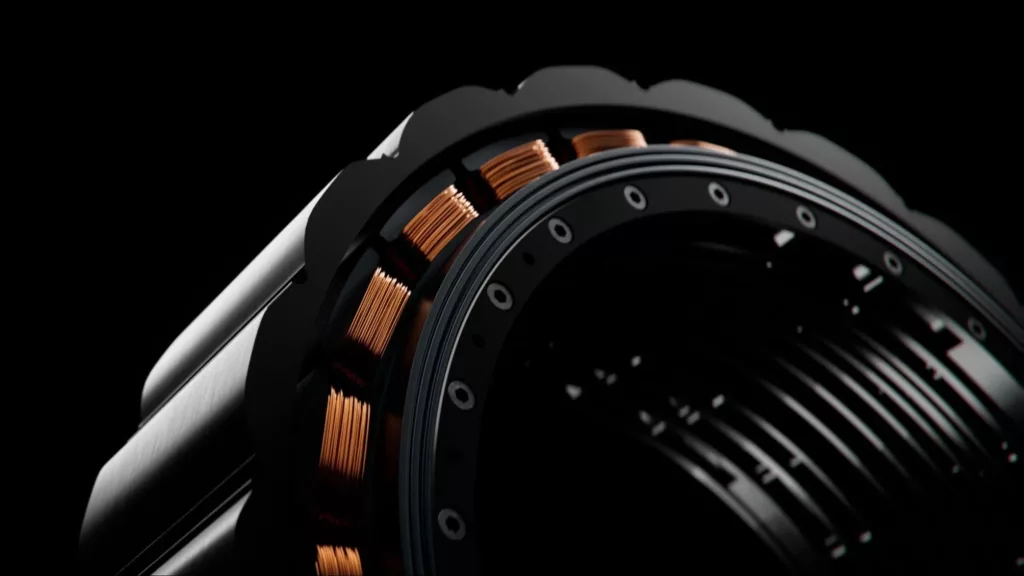Donut Engine Could Change the Automotive Industry?
Le 29/01/2025
At CES 2025 in Las Vegas, an unexpected innovation caught the attention of automotive industry experts. A donut-shaped motor, presented by the company Donut Lab. This motor is integrated directly into the wheels of electric vehicles. It promises to transform the automotive industry by making electric cars more efficient and affordable. How the Donut Engine could change the Automotive Industry?

An Innovative Design with Impressive Performance
Electric motors have long been integrated into the axles of cars. But the idea of a motor located directly within the wheel is a major advancement. Donut Lab unveiled its second generation of wheel-integrated electric motors, featuring a unique ring-shaped design. These motors boast exceptional characteristics, including a power output of 630 kW (845 horsepower) and an impressive torque of 4,300 Nm per unit. This configuration eliminates the need for a traditional transmission system, freeing up valuable space within the vehicle's chassis. Thus, it opens up new possibilities in terms of design and performance.
Weight Reduction and Increased Range
One of the greatest advantages of this motor is its lightweight nature. Weighing only 40 kg per unit, it is about three times lighter than a traditional electric motor. This weight savings, combined with the removal of components such as the transmission, reduces the overall mass of the vehicle, thereby increasing its energy efficiency and range. However, the integration of the motor into the wheel results in an increase in unsprung mass, which could affect handling and ride comfort, especially during braking. Manufacturers will need to find solutions to compensate for this effect while maintaining the overall performance of the vehicle.

Democratizing Electric Vehicles: A Matter of Cost
The Donut motor stands out not only for its performance but also for its reduced manufacturing cost. Donut Lab claims that this motor is 50% cheaper to produce than conventional motors, thanks to the reduction of nearly 120 parts. This cost savings could lead to less expensive electric vehicles, making these technologies more accessible to a broader audience. This reduction in costs also comes with greater design flexibility. The space freed up by integrating the motors into the wheels could be used for larger batteries, spacious interiors, or innovative aerodynamic solutions.
Outlook and Challenges for the Automotive Industry
While the concept of wheel-integrated electric motors is promising, several technical challenges remain. One of the main obstacles is the increase in unsprung mass, which can impact ride comfort and vehicle dynamics. Solutions, such as the adoption of adaptive suspensions, are being considered to mitigate these effects.
Manufacturers like Kia-Hyundai are also exploring wheel motors that incorporate suspensions. This shows that the automotive industry is increasingly interested in this technology. Nonetheless, Donut Lab has yet to announce a commercialization date or any clients that have adopted this innovation. This leaves an uncertain future for this technology.
The Donut motor from Donut Lab represents a significant advancement in the automotive industry. Offering exceptional performance, reduced manufacturing costs, and greater design flexibility. If this technology becomes mainstream, it could transform the electric vehicle industry. Making these vehicles more affordable while improving their efficiency. However, technical challenges remain, and it will take time for this innovation to be fully embraced by manufacturers to measure its impact on the market.
💡Did you enjoy this article? Also read: Grok 3: Elon Musk's AI Takes It Up a Notch


Comments
No comments
You must be logged in to leave a comment.
Login